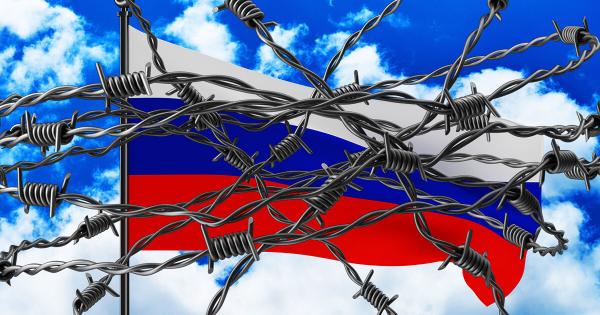Crypto exchanges Huobi and KuCoin continue to provide services to users of sanctioned Russian banks, according to a report from Politico on Feb. 24.
The news publication cited a report from Inca Digital to that effect. Inca’s report specifically suggests that clients of sanctioned Russian banks can use bank-issued debit cards to transact on either exchange’s peer-to-peer cryptocurrency trading platform.
Huobi and Kucoin reportedly do not directly accept funds from any sanctioned banks. However, Inca Digital CEO Adam Zarazinski asserts that the activities above directly violate international sanctions despite the existence of an apparent “loophole.”
The report also identifies shortcomings in Binance’s policies, as the exchange supposedly provides Russian users with “multiple methods” to purchase cryptocurrency on its exchange and peer-to-peer market. This concern exists in spite of the fact that Binance blocked fiat deposits originating from some Russian payment cards in March 2022.
Binance denied those allegations. It stated that it fully imposes KYC regulations and added that it filters communication between users to enforce sanctions.
Inca Digital’s report similarly suggested that ByBit allows users to buy crypto through its peer-to-peer market and through fiat deposits. ByBit has not commented on the matter.
Multiple exchanges have taken steps to block Russian users. Blockchain.com, Crypto.com, and LocalBitcoins took action in October. Coinbase blocked Russian users prior to March 2022, while Binance added restrictions in April 2022.
The post Huobi and KuCoin serve customers of sanctioned Russian banks: Politco appeared first on CryptoSlate.









